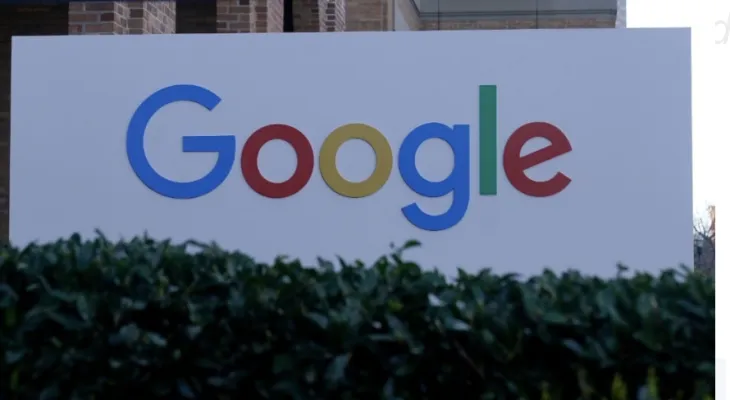Search here
Newspaper
Search here

Arab Canada News
News

Published: July 5, 2023
Two of the three main opposition parties in the House of Commons have joined Justin Trudeau's Liberal government to demand that two internet giants, "Meta" and "Google," stop "taking Canadians hostage" due to the new Canadian law on online news.
Canadian Heritage Minister Pablo Rodriguez will be accompanied by Bloc Québécois MP Martine Champoux at a press conference scheduled for this afternoon, and they will be joined online by NDP MP Peter Julian (left-leaning).
These three parties intend to form a "joint front" against the two companies "Meta" and "Google" who have chosen to challenge the new federal law which received royal assent on June 22.
"The goal is to show the united will of the MPs and to condemn the intimidation tactics followed by 'Google' and 'Meta' which resemble extortion," said a source familiar with talks between the three parties.
The Canadian Heritage Minister emphasized that a free and independent press is essential for democracy.
"It is important to show the internet giants that we stand (against them) and that the laws we democratically vote for must be respected," MP Champoux said.
"Internet giants must follow the rules like anyone else. They are not above the law," said a source in the New Democratic Party, adding "They must stop taking Canadians hostage."
This "joint front" brings together three of the four main parties represented in the House of Commons and about two-thirds of the MPs.
Only the Conservative Party of Canada, which forms the official opposition, stands with the internet giants and condemns the new Canadian law on online news.
Conservative leader Pierre Poilievre described the new law as "censorship that harms freedom of expression," while the Liberals, Bloc Québécois, and the New Democrats believe this law is necessary to balance the scale of power between Canadian media and internet giants.
The main goal of the new law is to make digital companies pay when using Canadian media content on their platforms.
Thus, the Online News Act, which is scheduled to come into effect in six months, will oblige "Google" and "Meta" to negotiate with Canadian media regarding appropriate compensation for their content.
In protest against the Canadian Parliament adopting the new law, both "Google" and "Meta" announced that they will ban publishing news from Canadian media on their social networks and search engines in the future.
For both companies, it is not just about money, but also about principle. They seek to protect their business model as much as they seek to protect their revenues, using Canada to send a message to other governments worldwide that might consider issuing a law on online news similar to the one Ottawa issued.
"Google and Facebook are trying to send a message, not only to Canada, but also to France, England, Germany, and the United States," Minister Rodriguez says before reaffirming that his government will stand in defense of Canadians. It should be noted that "Facebook" is the former name of "Meta."
Canadian Heritage Minister does not miss the opportunity to remind that more than 450 newsrooms have closed their doors in Canada in recent years and that the new law will allow Canadian media to regain power balance against the internet giants "who make a lot of money in Canada, billions of dollars."
Google's advertising revenues in Canada in 2020 were estimated at 5 billion dollars and Facebook's revenues at 3 billion dollars, according to a study conducted by the "Canadian Media Concentration Research Project" (CMCRP).
Comments